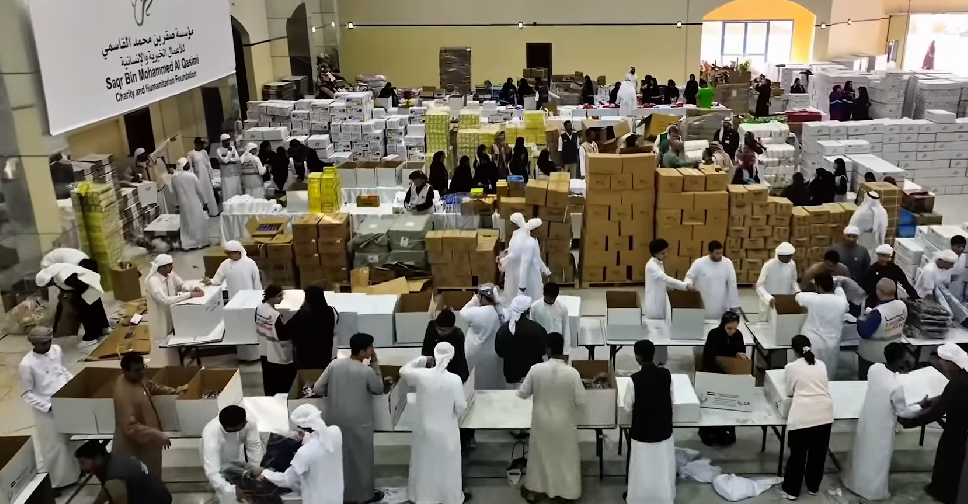
The 16th Muslim Council of Elders meeting will be held on November 4 in the capital of Bahrain, Manama and is set to discuss ways to support Muslim communities in the west, ongoing global humanitarian crises.
The meeting will be under Dr. Ahmed Al Tayeb, the Grand Imam of Al Azhar and will also discuss climate issues and how religious leaders can play a role in curbing its negative effects, along with encouraging dialogue amongst Islamic groups and sects, Muslim-Christian relations and the support for global religious initiatives.
The Council will also discuss the countering of targeted campaigns aimed at imposing unnatural behaviours on Muslim people and the discouragement of family values amongst young people.
The 15th meeting of the Muslim Council of Elders was held in Abu Dhabi in November 2021. During the Abu Dhabi meeting, it was decided that the following meeting would take place in the Kingdom of Bahrain following the “Bahrain Dialogue Forum: East and West for Human Coexistence”.
The forum is set to take place from November 3 to 4 under the patronage of His Majesty King Hamad bin Isa Al Khalifa of Bahrain. It will be attended by Dr. Ahmed Al Tayeb, Pope Francis, Head of the Catholic Church, alongside several religious, academic and media figures.




 UAE withdraws additional Nestlé baby product
UAE withdraws additional Nestlé baby product
 UAE President discusses bilateral ties with Slovakia PM
UAE President discusses bilateral ties with Slovakia PM
 UAE readies 4,000 tonnes of aid for Gaza via Saqr Humanitarian Ship
UAE readies 4,000 tonnes of aid for Gaza via Saqr Humanitarian Ship
 UAE, EU discuss regional developments
UAE, EU discuss regional developments
